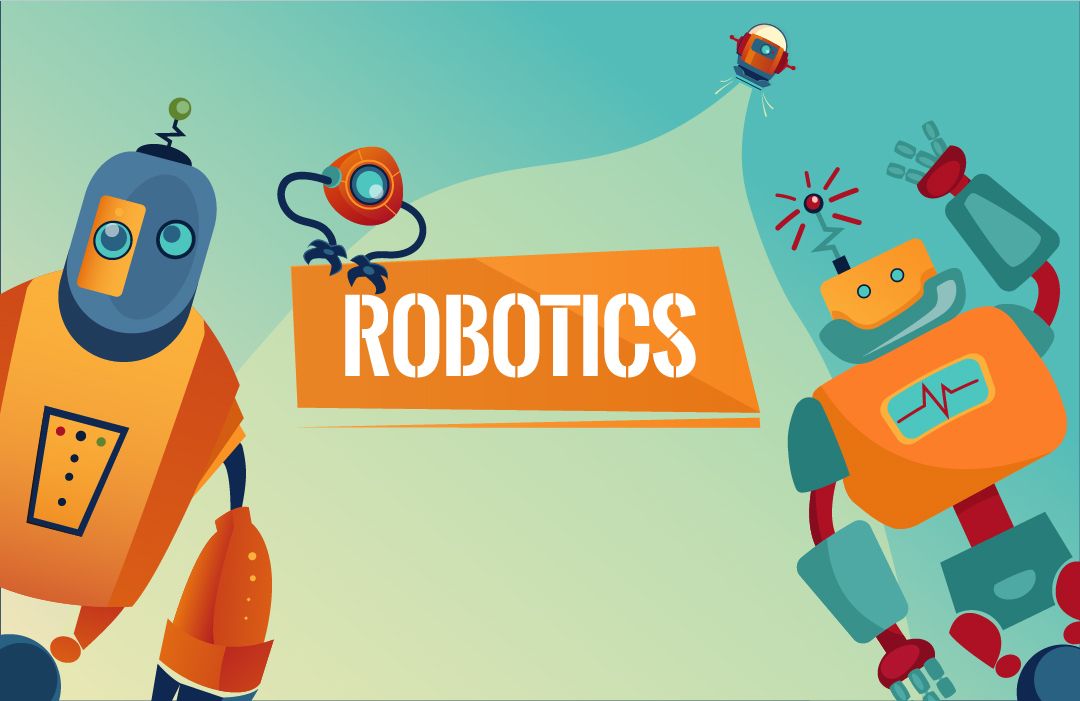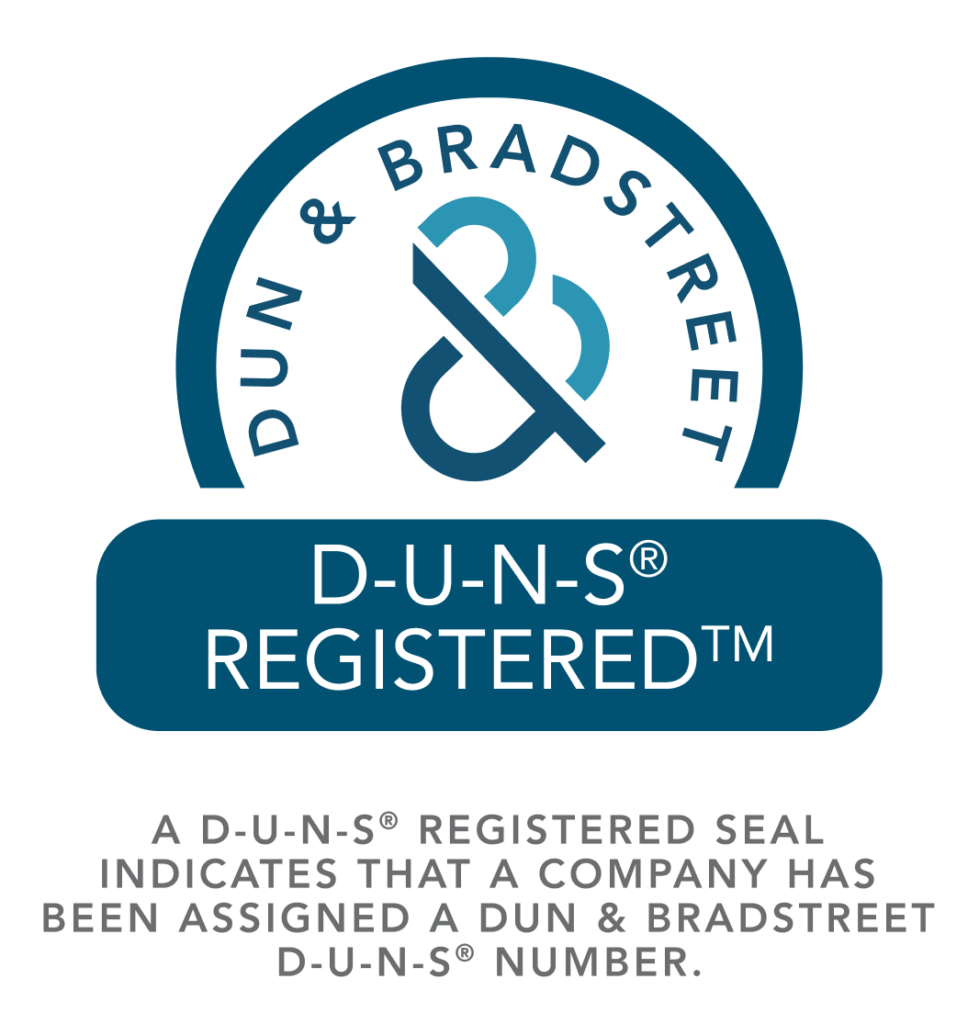Integration of technology has become important in the ever-changing educational sector as it promotes creativity and gets students ready for the employment of the future.
Robotics is one of the most emerging fields that must be included in every school’s academic curriculum.
In today’s tech-driven educational environment, there is an increasing need for students with technical abilities like robotics.
Since robotics labs encourage hands-on learning, integrating them into classrooms is one method to support students’ educational journeys and get them ready for the employment market of the future.
As it develops an excitement for learning about STEM (science, technology, engineering, and mathematics) subjects.
Additionally, it makes their educational journey extremely interesting and filled with experiential learning.
Hands-on learning
Robotics labs are the platform that offers lots of opportunities for students to apply their creative ideas to real-world projects.
Making these projects and involving in robotics activities, allows them to get an in-depth knowledge of any particular concept.
By doing hands-on activities students will be able to retain the knowledge for a longer time and if the projects fail to work then they will be able to find their mistake at that time only and there they can also correct it.
It develops 21st-century skills such as Critical thinking, logical reasoning, innovative and creative skills, communication skills, and teamwork.
For example, when a student applies scientific ideas to a project, such as building a toy car, and if it doesn’t move, they can determine that there is a problem. It might be that the power source isn’t strong enough to drive the object, or the connections are incorrect. Thus, they will use their logical and critical thinking skills to solve this problem, which will also help them become more innovative thinkers and spark their curiosity in doing so. This will make their learning process engaging and make studying fun rather than boring because they will only be reading books.
When students participate in these group activities, they can work together develop teamwork skills, and improve their communication skills. Additionally, when given project deadlines, they will learn time management skills. Finally, by working as a team, students can analyze each other’s performance and use this knowledge to improve themselves.
STEMROBO is at the forefront of providing end-to-end solutions to K-12 students by integrating Robotics labs, STEM labs, AI, and many more labs.
Our mission is to provide students with an interactive learning platform where students can practice Hands-on learning and develop their creative skills.
Let us see how we accomplish this end-to-end solution approach.
In addition to setting up these Robotics lab in many schools, we also give students access to a variety of kits that contain all the parts and equipment they could need for this hands-on learning experience.
Along with this, we also provide teachers with a training program so they may learn how to utilize the labs and kits efficiently to improve student learning.
Also, we organize national and international robotics competitions and offer workshops to students so they can first understand the significance of robotics labs for schools and skills in their academic curriculum and second, understand the connection between theoretical knowledge and practical applications.
Our lab for AI and robotics is a special place where students can explore the connections between these two revolutionary technologies. We provide schools with a comprehensive robotics and AI curriculum that gives students the information and abilities they need to succeed in the digital era.
Our school robotics program is thoughtfully developed to meet the unique requirements of children at various stages while still following academic standards. We offer a dynamic learning environment where students may explore, collaborate, and invent through our student robotics lab.
Our organization, AI and Robotics Lab in Schools is committed to utilizing innovative technologies to impact the field of education in the future. We think that robots and artificial intelligence (AI) have the potential to transform education and prepare students for the challenges of the future.






